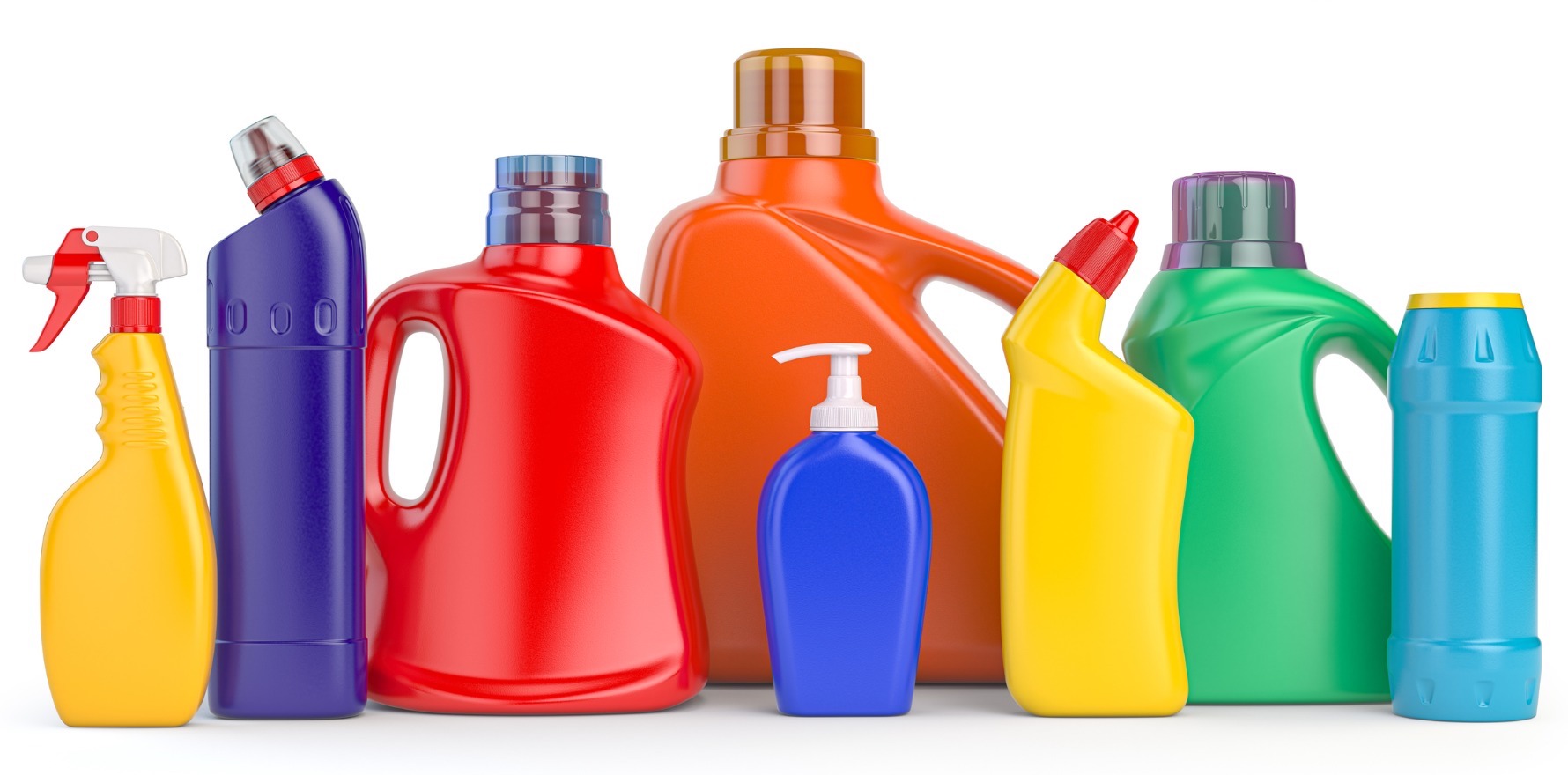Pregnant women who use disinfectant daily may increasing the risk of their child having these conditions, but the effect appears small.
Pregnant women who use disinfectant daily could be increasing their risk of having a child with asthma and eczema, a study has found.
The Japanese population study, published in the Occupational Environmental Medicine journal, adds to previous studies that have linked asthma and dermatitis to adults exposed to disinfectants in the workplace, said the authors.
“Disinfectants [e.g., alcohol, chlorhexidine and quaternary ammonium salts] are widely used in the medical field, and the coronavirus pandemic has led to an increase in their use by both medical professionals and the general population,” they wrote.
“Given the current increased use of disinfectants to prevent new coronavirus infections, it is of great public health importance to consider whether prenatal disinfectant exposure is a risk for the development of allergic diseases.”
While they found that prenatal occupational disinfectant exposure was a risk factor for physician-diagnosed asthma and eczema and exhibited “an exposure-dependent pattern”, Stephen Leeder, emeritus professor of public health of community medicine at the University of Sydney, said the risk was low.
“This study has been well done, but we need to take into account several things,” he said.
“First, while mothers who are exposed to disinfectants go on to bear children who may have a slight [10%] increase in risk of asthma or eczema, we cannot be certain that it is the disinfectant.
“There is no definitive biological explanation. Mothers exposed to other chemicals show similar increased allergic disease in their offspring.”
Professor Leeder said the paper did not establish whether the disinfectants were risk factors causing a problem or risk markers that pointed to something else causing the problem.
“Second, the risk is small – a 10% increase in likelihood of developing asthma and don’t forget that asthma is relatively uncommon,” he said.
The authors used data on 78,915 mother-child pairs who participated in the Japan Environment and Children’s Study to examine whether mothers’ exposure to disinfectants in the workplace was associated with increased risk of diagnosis of allergic diseases in their children when aged three years.
The odds of children having asthma or eczema were significantly higher if their mothers used disinfectant one to six times a week compared with the odds in children of mothers who never used disinfectants.
There was an exposure-dependent relationship between prenatal exposure to disinfectants and the odds of children experiencing these allergic conditions, with the children of mothers exposed to disinfectants every day having the highest odds of a diagnosis – 26% greater for asthma and 29% greater for eczema than children of mothers who were never exposed to disinfectants.
There were no significant associations between disinfectant use and food allergies.
This was an observational study, and as such, couldn’t establish cause, and the authors also noted some limitations, including that the information on disinfectant use by mothers was self-reported, with specific disinfectants not identified. Diagnoses of allergic diseases in children were also reported by mothers.
The authors suggested several mechanisms that could explain the increased risk of allergic disease in children following their mothers’ exposure to disinfectants during pregnancy.
These included microbiome mediated (disinfectants impact the gut and skin microflora of the mother and subsequently the child), immune mediated (exposure to some chemical compounds during pregnancy impacts the immune response in the fetus), postnatal exposure (children inhaled or touched molecules of disinfectant on the skin of their mothers), or bias (mothers who use medical disinfectants frequently are likely to be more medically knowledgeable and have better access to healthcare).
Professor Leeder said it was worth noting that the covid landscape had meant most people had been using more disinfectant, especially to sanitise hands and surfaces. He advocated the use of simple soap and water to sanitise hands, although he conceded this might not always be convenient.
And it also served to highlight the importance of limiting exposure to chemicals while pregnant in general, not only disinfectants but others such as alcohol.
“The good thing is that we just need to be aware that, during pregnancy, the lower the level of exposure to just about anything is worthwhile and the most obvious one is alcohol,” he told The Medical Republic.
“There is no known safe amount of alcohol during pregnancy or when trying to get pregnant. There is also no safe time to drink during pregnancy. Alcohol can cause problems for a developing baby throughout pregnancy, including before a woman knows she’s pregnant. All types of alcohol are equally harmful, including all wines and beer.
“To prevent FASDs [fetal alcohol spectrum disorders], a woman should avoid alcohol if she is pregnant or might be pregnant. This is because a woman could get pregnant and not know for up to four to six weeks.”


